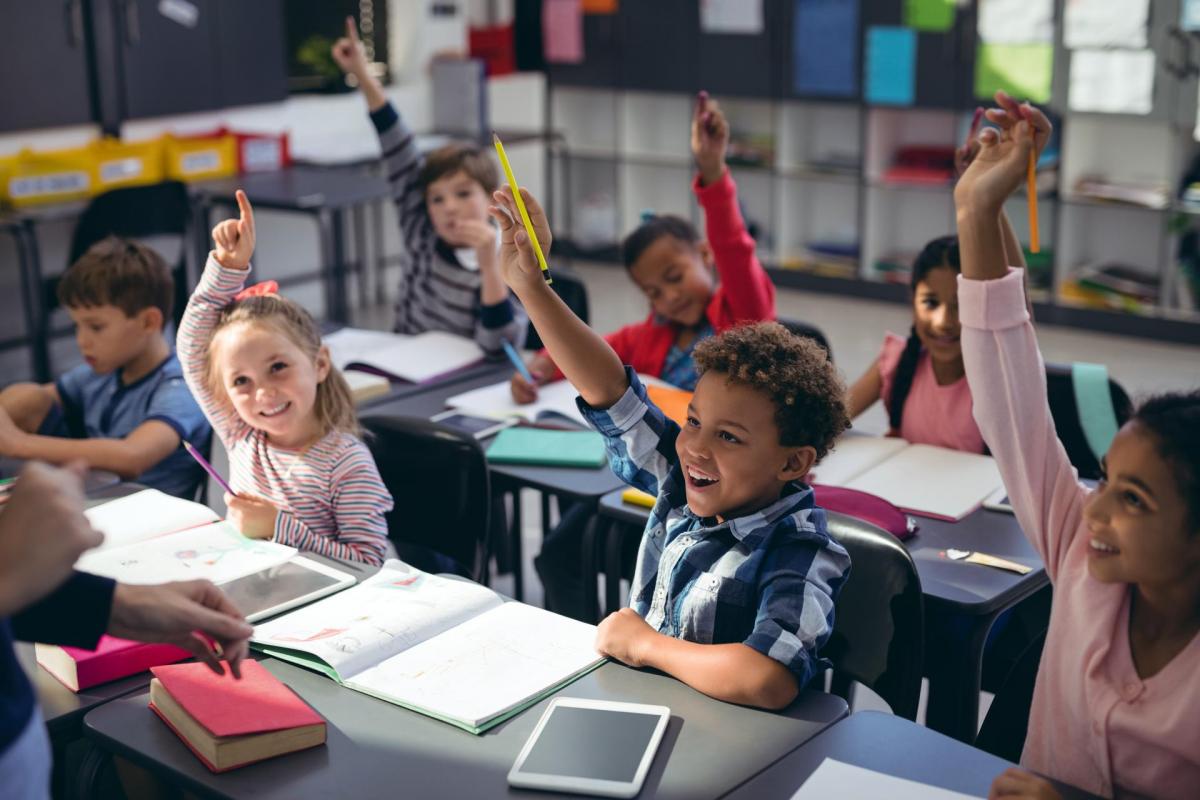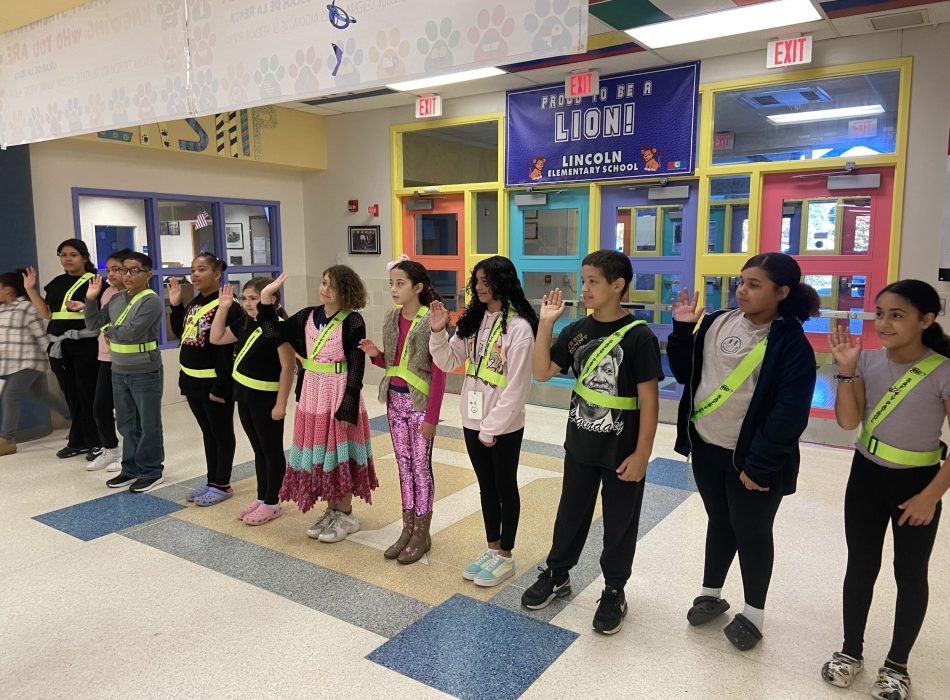The Essential Role of Preschool in Kid Advancement: Facts and Insights for Parents
Preschool offers as a crucial structure for kid advancement. It offers organized very early understanding experiences that greatly affect cognitive, social, and emotional growth. Kids participate in activities that boost language abilities and essential believing while likewise discovering to navigate social communications. Recognizing the effect of this formative phase is essential for parents. What specific advantages does preschool give, and how can parents best support their children during this crucial time?
The Importance of Very Early Learning Experiences
Many might underestimate the significance of early discovering experiences, they play a necessary duty in forming a youngster's cognitive, social, and psychological advancement. During these formative years, kids engage with their atmosphere, obtaining language abilities and fundamental understanding that established the phase for future understanding. Direct exposure to varied knowing activities promotes essential thinking, creativity, and analytical capabilities.
Early learning experiences aid children establish self-regulation and strength, outfitting them to encounter challenges in advance. Participation in structured knowing environments urges interest and expedition, critical traits for academic success. These experiences additionally present youngsters to expectations and routines, promoting a complacency and belonging.
Research study has shown that quality very early education and learning can substantially affect lasting academic results, decreasing the possibility of learning difficulties. By stressing the value of very early knowing, parents and educators can better support youngsters within their full potential, inevitably adding to their overall well-being and future success.
Structure Social Skills and Relationships
Structure social skills and forming relationships are crucial aspects of a youngster's advancement that often arise from early understanding experiences. In preschool, children participate in various tasks that promote interaction, interaction, and team effort. They discover to share, take turns, and cooperate, which are foundational abilities for developing partnerships.
Structured playtime and team tasks motivate youngsters to navigate social characteristics, cultivating an understanding of different viewpoints and the importance of compassion. As they interact with peers, they practice dispute resolution and establish arrangement skills, vital for maintaining friendships.
These early social communications help children cultivate a feeling of belonging and community, which is necessary for their overall health. By forming connections with schoolmates, children not just boost their social skills however additionally obtain confidence in their capability to associate to others. Preschool offers as a critical platform for nurturing social advancement and friendship-building.
Establishing Psychological Knowledge
Exactly how do children start to recognize their own emotions and those of others? In the kindergarten setting, children engage in different activities that promote emotional intelligence. Through team, narration, and play conversations, they find out to recognize and label their feelings. Educators commonly present principles such as compassion by motivating kids to reflect on just how others could really feel in different situations.
Role-playing exercises permit youngsters to practice recognizing emotional signs, promoting an understanding of social dynamics. Additionally, guided discussions regarding conflict resolution help them browse their psychological reactions and develop dealing methods. By communicating with peers in structured settings, kids gain understandings into the emotional landscape of their schoolmates, which improves their ability to create significant partnerships.
Eventually, preschool functions as a vital platform for nurturing psychological intelligence, furnishing youngsters with vital abilities for future social interactions and emotional wellness.
Cultivating Self-reliance and Self-esteem
In the preschool environment, kids not just enhance their emotional intelligence yet additionally begin to cultivate self-reliance and positive self-image. This vital developmental phase permits youngsters to choose, resolve troubles, and take duty for their activities. Taking part in activities that promote freedom, such as picking their very own jobs or joining group jobs, assists kids find out to trust their judgment and capacities.
As they browse social communications, children gain confidence in expressing their thoughts and emotions. Private School. Support from instructors and peers promotes a feeling of belonging, additionally improving self-confidence. Tasks that need team effort and partnership likewise instruct kids to value their contributions, reinforcing their sense of competence
Preparing for Future Academic Success
As children engage in organized understanding experiences throughout preschool, they lay a necessary foundation for future academic success. This very early instructional phase introduces vital skills such as literacy and numeracy, boosting cognitive growth and promoting a love for knowing. Through interactive activities, youngsters discover to follow instructions, job collaboratively, and fix problems, every one of which are necessary in higher academic setups.
Moreover, kindergarten supports social-emotional skills, enabling youngsters to manage their emotions, establish empathy, and construct connections with peers. These capacities add significantly to a favorable classroom environment and efficient learning.
Study indicates that youngsters who prosper in kindergarten are most likely to execute well in later grades, showing the long-term influence of early education and learning. Consequently, moms and dads play a significant function in supporting their kid's preschool experience by reinforcing discovering at home and encouraging inquisitiveness, thus preparing like it them for an effective scholastic journey ahead.
Regularly Asked Questions

What Should I Look for in a Good Preschool Program?
An excellent kindergarten program should emphasize play-based learning, qualified instructors, a risk-free environment, a balanced curriculum, chances for social communication, and adult involvement. Examining these aspects ensures a nurturing area for kids's early growth and development.
How Can I Aid My Youngster Change to Preschool?

What Are Typical Obstacles Children Face in Preschool?
Typical challenges youngsters face in preschool include splitting up anxiety, trouble adapting to organized routines, social abilities development, and handling brand-new connections. These concerns can affect their total adjustment and finding out experiences during this essential change duration.
How Can Parents Assistance Kindergarten Discovering at Home?
Parents can sustain preschool knowing in the house by providing a structured regimen, taking part in interactive reading, urging creative play, utilizing instructional video games, and fostering open communication concerning school experiences to strengthen discovering and build confidence.
What Is the Normal Daily Set Up in Preschool?
A typical everyday routine in preschool consists of morning circle time, structured discovering tasks, treat breaks, play, and story sessions, all developed to promote social abilities, creative thinking, and fundamental scholastic concepts vital for very early growth.
In the preschool setup, children engage in various activities that promote emotional click now intelligence. As children engage in structured knowing experiences throughout preschool, they lay an essential structure for future academic success. Kindergarten nurtures social-emotional abilities, allowing children to handle their emotions, establish empathy, and check this site out build relationships with peers. Study suggests that children who thrive in preschool are a lot more likely to carry out well in later grades, demonstrating the long-lasting impact of early education and learning. Usual obstacles kids deal with in kindergarten include splitting up anxiousness, trouble adjusting to organized regimens, social skills development, and managing brand-new connections.